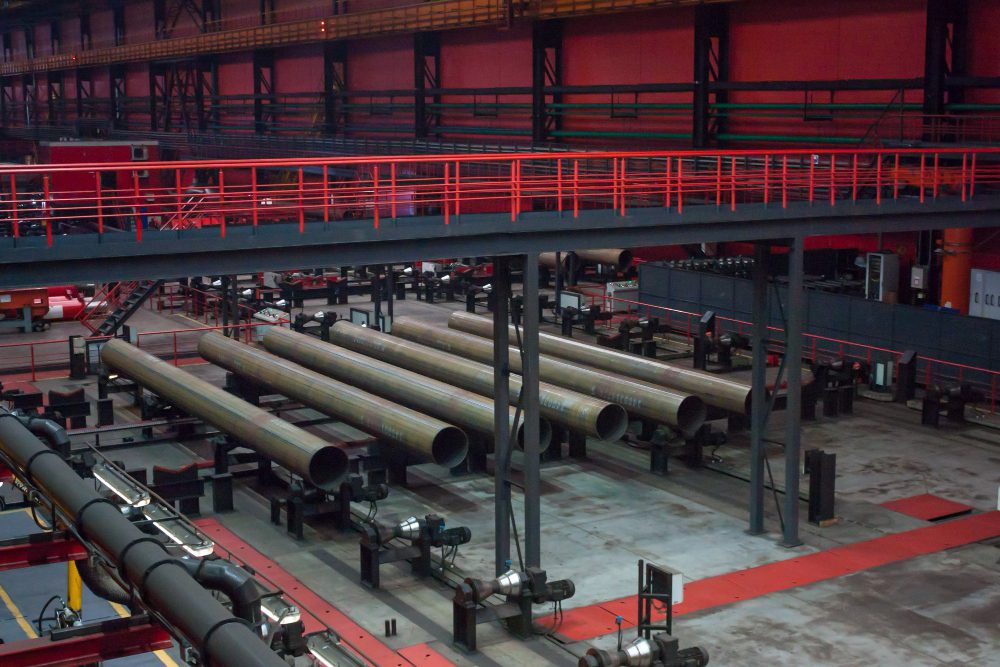800-764-7473
Local 208-324-2142

As our civilization continues its relentless drive for energy, the oil and gas sector remains a cornerstone of modern industrial prowess. Specialized pipes uniquely designed to withstand extreme conditions and substances ensure the seamless flow of these natural resources. These pipes lay the groundwork for the energy sector, from powering homes to fueling vehicles. But do you know which types are most commonly used and why? Enter the world of industrial pipe suppliers, the unsung architects behind this intricate pipeline network.
Seamless pipes are the go-to choice for a robust and faultless pipeline. The absence of seams or welds ensures that these pipes can withstand high pressure, making them indispensable for critical operations.
Carbon Steel Seamless Pipes: These are the workhorses of the oil and gas industry. Made of carbon steel, they are durable and can endure corrosive elements to some extent. Their ability to bear high pressure makes them the primary choice for drilling and transport applications.
Duplex and Super Duplex Seamless Pipes: Consider these the superstars of seamless pipes. Made from a mix of materials, they offer unmatched corrosion resistance and incredible strength, essential for deep-sea operations and high-pressure zones.
Nickel Alloy Seamless Pipes: When extreme conditions call for equally extreme materials, nickel alloy seamless pipes come into play. These resist corrosion and high temperatures, making them ideal for specialized applications where ordinary materials fail.
ERW or Electric Resistance Welding, produces pipes by rolling metal and then welding it longitudinally. While they may have a weld seam, modern manufacturing techniques have improved their quality significantly. ERW pipes are generally more economical and are widely used in medium to low-pressure applications like oil country tubular goods (OCTG).
LSAW or Longitudinal Submerged Arc Welding pipes are manufactured by bending and welding steel plates. These pipes are mainly used in high-pressure applications like oil and gas transportation. One of the primary advantages of LSAW pipes is the uniform thickness of their walls.
Knowing which type to use for a particular application can be daunting in the intricate world of oil and gas piping. Reliable industrial pipe suppliers guide you through this by offering the most suitable options based on the conditions they will face. With advancements in manufacturing technologies, these suppliers provide pipes that meet rigorous industry standards while ensuring safety and efficiency.
When it comes to transporting oil and gas, the choice of piping is pivotal. This article sheds light on the types of pipes that dominate the industry: Seamless, ERW and LSAW. Each has unique characteristics and applications, from high-pressure environments to specialized operations. As you navigate this complex landscape, turn to industrial pipe suppliers for expert advice and quality products.
Ready to make a savvy choice for your next oil or gas project? Bison Pipe, one of the leading industrial pipe suppliers, is your reliable partner for top-quality pipes designed to withstand the rigors of the industry. Connect with us today and fortify your energy venture for long-term success.